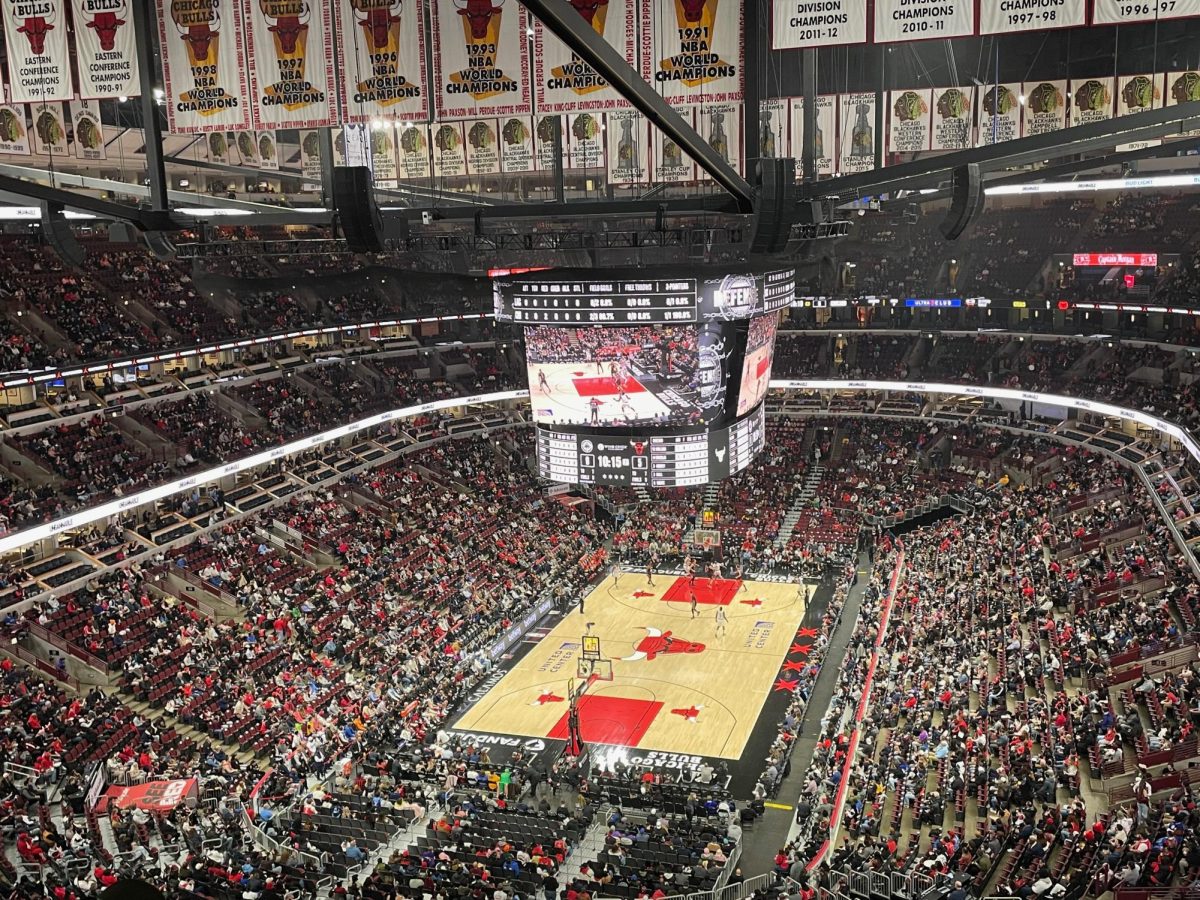Freddy Adu can dribble the ball with poise, he can eviscerate defenses with his pinpoint passes, and he supposedly caught the eye of Italian mega-club Inter Milan.
Inter allegedly ran an offer for the exciting player, to the tune of $750,000.
Freddy is 13 years old.
And, all of a sudden, he’s the new savior of American soccer.
Whatever happened to Claudio Reyna? The former all-world player at Virginia is old, old news, struggling with injuries and contemplating retirement. His time has past.
What of America’s even younger stars, like Landon Donovan and DeMarcus Beasley? Apparently, they don’t deserve to bear the title, either.
No, according to European scouts, various youth team coaches, and even U.S. National Team coaches, Freddy is The One. He’s around five-foot-six and growing, with the speed and balance of a gazelle. He has an insatiable urge to score goals. He already has a professed interest in starring on U.S. World Cup sides for years to come. Freddy dreams of World Cup victories and club championship trophies.
The pressures placed on this youngster, however, may become too great. Adu can’t even go to R-rated movies without his parents, yet he purports to star in World Cup 2006 in Germany.
In an increasingly alarming way, the U.S. is also becoming too caught up in the young phenom talent. ESPN the Magazine recently ran a cover feature on LeBron James, simply calling him “Next” (with Michael Jordan, presumably, being “First”). Sports Illustrated published articles on Venus and Serena Williams when the sisters were still quite a ways away from battling for meaningful titles.
In some instances, as with the Williams sisters or perhaps with LeBron James, the young stars succeed at the highest levels. Kobe Bryant rose to the challenge after he went pro in the late 1990s.
To their credit, both Landon Donovan and DeMarcus Beasley have performed extremely well, and their greatest glories still lie ahead. Donovan and Beasley look to be mainstays on the National Team for the next decade, at least. Others, like Taylor Twellman and Kyle Martino, may soon follow.
Nevertheless, to start all this commotion over a 13-year-old remains foolish. I don’t care how many goals he scored against schoolboys in Italy. It doesn’t really matter if he can light up the scoreboard in the U-14 travel league in Maryland.
Adu, again, is 13. He isn’t even done with high school yet. He has barely even started it. He doesn’t need to worry about how well he’ll match up against the best defenders in England or Germany eight years from now. He doesn’t need to carry the weight of a country still somehow looking for legitimacy on the international stage, even and after a wonderful showing at last year’s World Cup.
Fortunately, amidst all of the needless hype, the most grounded person in this maelstrom, surprisingly, is Adu himself. Of course, he has a pretty influential figure always looming over him: his mother, Emelia.
She compels the phenom to adhere to a set of values that strays from the tenets that drive international soccer. In a world where LeBron James’s mother is already marketing her son and sporting “LJ 23” jerseys, Emelia is a breath of fresh air. She refused to sell her son off to Inter Milan, and she’s not taking offers from other European clubs, either.
“He is just too young,” Emelia says. “I want him to get an education.”
True to his mother, Freddy studies hard, and he seems content with simply playing, and letting his skills develop as they may. The rest of the soccer universe may be getting impatient, but Freddy’s staying grounded.
Sure, there is reason to be excited over his skills. Freddy can already compete with the U.S. U-17 players in Brandenton, and he should play regularly on the U-17 side.
This is virtually unheard of for such a young player. Donovan and Beasley played extremely well when they represented the U-17 National Team, but they didn’t start out at such a high level when they were barely in high school.
Adu is also relatively large and mature for his age. At five-foot-six 140 lbs, he’s tough to knock off the ball, and he does possess great acceleration. As a young boy in Ghana, Adu played against men, and he quickly developed toughness and tenacity that should serve him well in the higher levels of the game.
So, of course, there is reason to be excited over this young player. He displays more talent than many other sports prodigies did at the same age, and he could transcend the accomplishments reached by many of his compatriots.
Still, Adu is only 13 years old. Yes, he does deserve praise and perhaps a little press. But at least for Freddy’s sake, hold off on the magazine covers and front-page feature articles.








